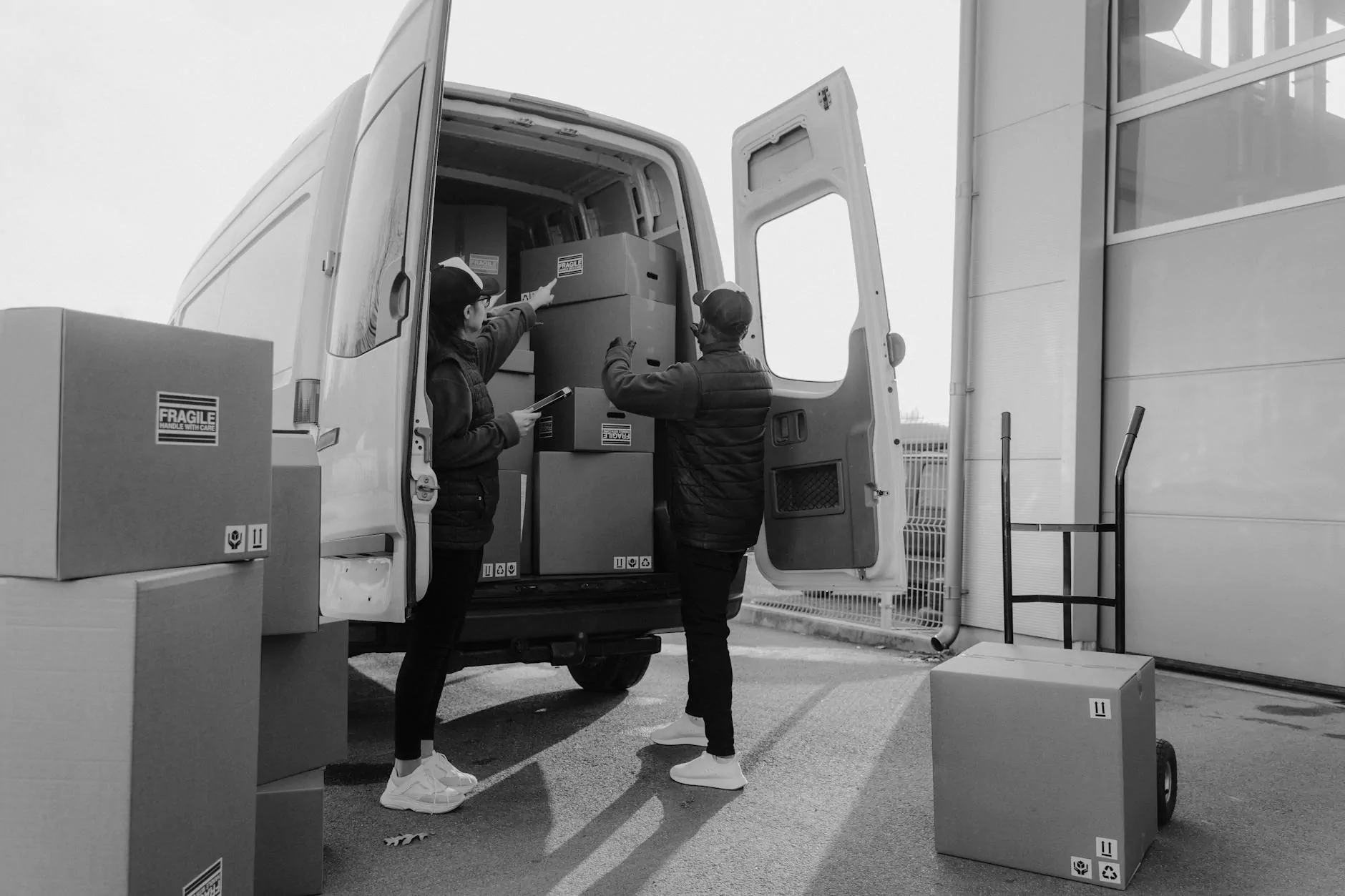Understanding LOLER Meaning in Business and Beyond

In the dynamic and often intricate world of business, understanding regulations and their implications is crucial for success. One such important regulation you might encounter is LOLER. But what exactly does LOLER mean, and how does it pertain to various business operations, particularly in sectors like Home & Garden, Gardening Services, and Pest Control? Let's delve deeper into the loler meaning and explore its significance.
What is LOLER?
LOLER stands for the Lifting Operations and Lifting Equipment Regulations. These regulations were established in the UK in 1998 to ensure that lifting operations carried out at work are done safely, effectively, and without putting employees or the public at risk. The main purpose of LOLER is to ensure that any equipment used for lifting is suitable for its intended use and is maintained properly. This regulation has a solid foundation in the principles of safety and compliance, aiming to prevent accidents associated with lifting operations.
The Main Objectives of LOLER
Understanding the loler meaning involves recognizing its primary objectives, which include:
- Ensuring Safety: The foremost objective of LOLER is to protect workers and the public from accidents related to lifting operations.
- Regulating Equipment: Ensuring that all lifting equipment is properly maintained, inspected, and safe to use.
- Duty of Care: Imposing a duty of care on employers to ensure that all lifting operations are planned and carried out by competent individuals.
- Compliance Monitoring: Providing a framework for the monitoring of lifting operations compliance to prevent negligence.
Relevance of LOLER in Home & Garden Business
For businesses operating in the Home & Garden sector, such as landscapers, gardeners, or pest control operators, understanding LOLER is essential. These businesses often use a range of lifting equipment, such as:
- Lifts for transporting heavy plants and materials.
- Hoists for moving equipment and supplies safely.
- Tractors and other machinery that frequently involve lifting operations.
Adherence to LOLER ensures that any lifting equipment is not only in compliance with the law but also that it does not pose a risk to employees or clients. Ignoring these regulations could lead to significant legal penalties and, more importantly, serious injuries.
How to Comply with LOLER
For businesses that engage in lifting operations, compliance with LOLER can be achieved through various means:
- Regular Inspections: Conduct thorough inspections of all lifting equipment. This should be done by qualified personnel on a regular basis.
- Maintenance Records: Maintain accurate records of all inspections and maintenance works performed on lifting equipment.
- Training and Competency: Ensure all staff operating lifting equipment are trained and competent in its use and aware of safety measures.
- Safety Procedures: Develop and implement safety procedures for lifting operations, ensuring that everyone follows them thoroughly.
LOLER and Pest Control Operations
Pest control services often require lifting equipment, especially when dealing with large infestations or when using machinery that might involve lifting heavy units or materials. The significance of understanding the loler meaning is paramount here:
- Equipment Safety: Ensure that any ladders or lifts used to access pest control areas are compliant with LOLER regulations.
- Risk Assessments: Perform risk assessments before starting any pest control job, particularly those that involve lifting equipment.
- Employee Training: Provide training to pest control personnel about the risks associated with lifting operations and their obligations under LOLER.
Benefits of Complying with LOLER
Complying with LOLER not only mitigates risks but also brings various benefits to a business:
- Enhanced Safety: Regular maintenance and inspections prevent accidents, thus enhancing the safety culture of the workplace.
- Legal Compliance: Staying compliant with the law helps avoid fines and legal complications.
- Improved Reputation: Businesses that prioritize safety often enjoy better reputations among clients and peers.
- Increased Efficiency: Well-maintained equipment operates more efficiently, leading to better productivity.
Conclusion
Understanding the loler meaning is more than just a legal obligation; it's a commitment to safety and efficiency within your business operations. Whether you are involved in the Home & Garden sector, gardening, or pest control, complying with LOLER ensures that your lifting operations uphold the highest standards of safety, protecting not only your employees but also your clients.
By following the principles and practices outlined in this article, businesses can cultivate a safer working environment, enhance their operational efficiency, and foster a culture of compliance that resonates throughout the organization. As you navigate the complexities of your business, keep LOLER at the forefront of your operational practices and ensure that safety and efficiency are not just goals but integral aspects of your business philosophy.









